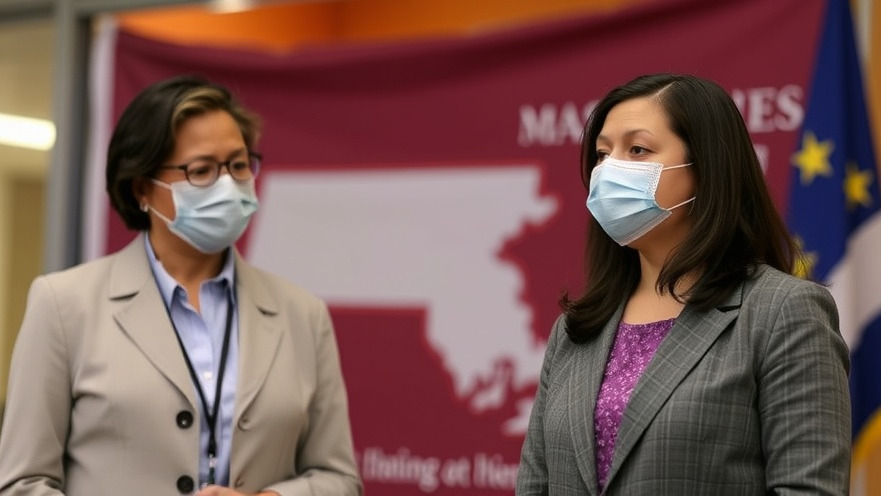
The clash over vaccine decisions ignites heated debate
In a recent exchange that drew sharp lines in the ongoing debate over vaccines, health secretary Robert F. Kennedy Jr. accused New Jersey Rep. Frank Pallone of being compromised due to his ties with the pharmaceutical industry. This assertion stemmed from a fierce disagreement about the dismissal of the Advisory Committee on Immunization Practices (ACIP) members. Kennedy, who leads the U.S. Health Department, argued that Pallone has accepted over $2 million from drug companies, questioning his integrity regarding vaccine safety and accountability.
The implications of political contributions in health policies
As discussions around vaccines heat up, the intersection of politics and public health cannot be overlooked. Kennedy's comments about Pallone sparked outrage, leading Colorado Rep. Diana DeGette to demand a retraction. The implications of such claims highlight a persistent concern in health discourse: Can lawmakers truly prioritize public health when they receive substantial contributions from industries they regulate? This tension raises critical questions about the integrity of decision-making in health policy.
Why vaccine advisory committees matter
The recent shake-up in the ACIP by Kennedy has intensified scrutiny about what such actions mean for vaccine policies in the U.S. The ACIP plays a crucial role in advising on public vaccination policies that impact millions. By firing all 17 members, Kennedy has set a precedent that might prioritize political allegiance over scientific consensus. This disbandment could affect the credibility of future vaccine recommendations, potentially fueling public distrust.
Public perception and trust in health leaders
Public trust in health leaders is more crucial than ever, especially during times when misinformation thrives. The infighting and accusations among lawmakers can distract from vital health issues that need attention. Kennedy's verbal attacks could alienate support for important health initiatives, particularly among groups already skeptical of vaccines. How can public health officials regain the trust of a watching populace?
What can communities do?
Health-conscious individuals, particularly in Massachusetts, are likely concerned about such political distractions amid a growing number of health challenges. Communities can actively engage with local health departments, demanding transparency and accountability in vaccine discussions. By fostering open dialogues, residents can ensure their voices contribute to the shaping of health policies that affect their communities. Emphasizing education about vaccines and health practices will empower individuals to make informed decisions.
Future of vaccine policy in America
Looking ahead, the debate over vaccines and the pharmaceutical industry will likely intensify. As more people become involved in discussions about health policies, it is essential for lawmakers to prioritize the public's health interests over monetary contributions. Stakeholders must work together to bridge the gaps between science and policy, ensuring that decisions reflect the needs of the population rather than corporate interests.
 Add Row
Add Row  Add
Add 




Write A Comment